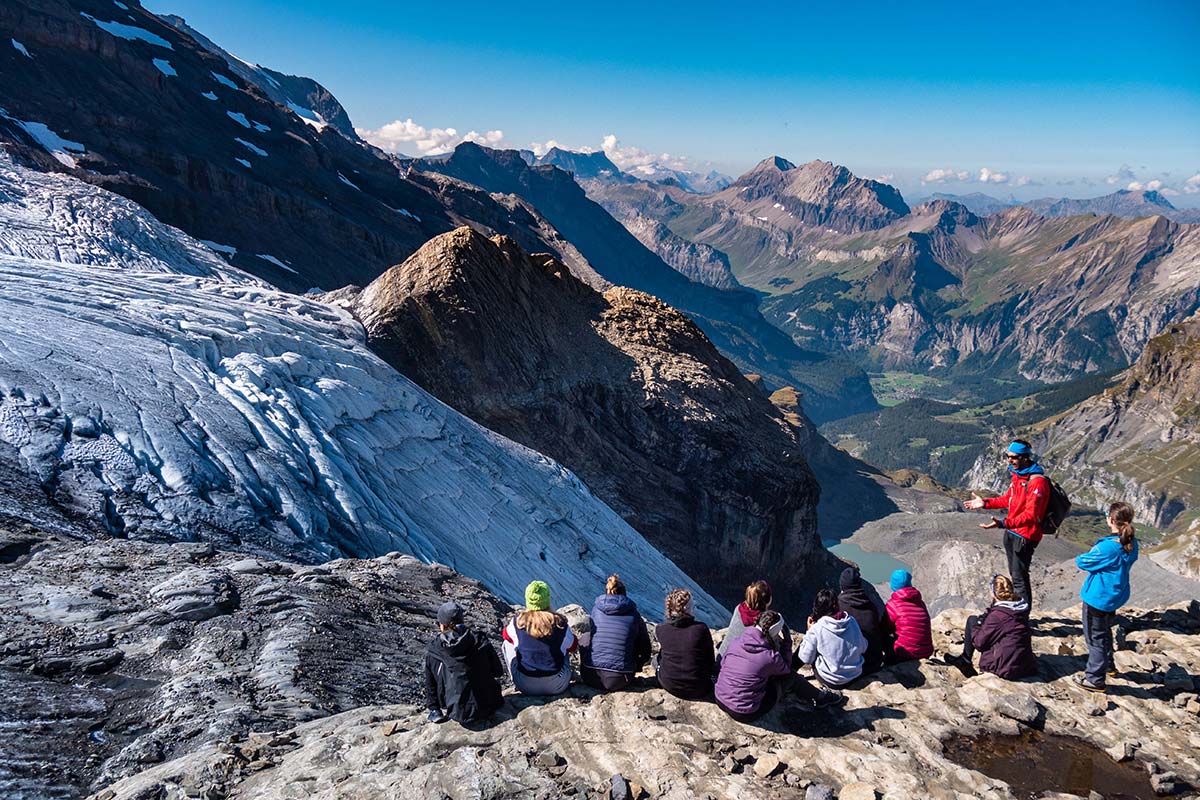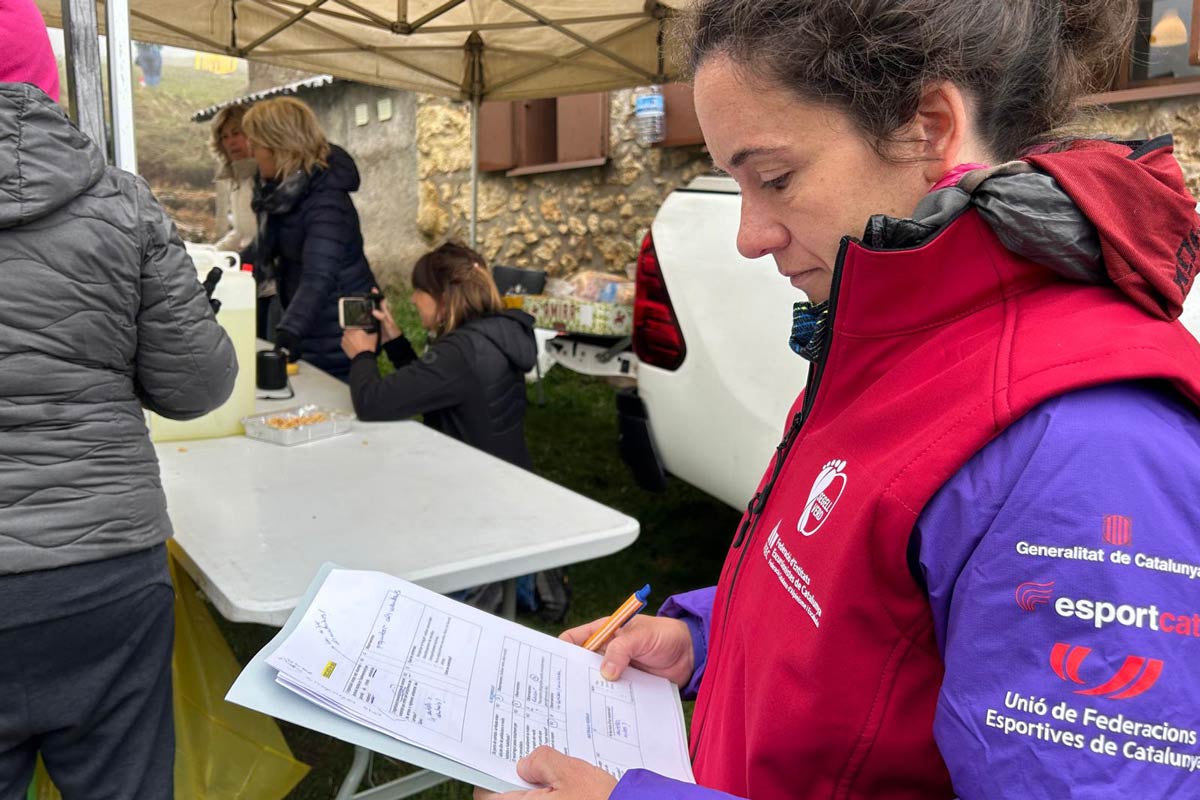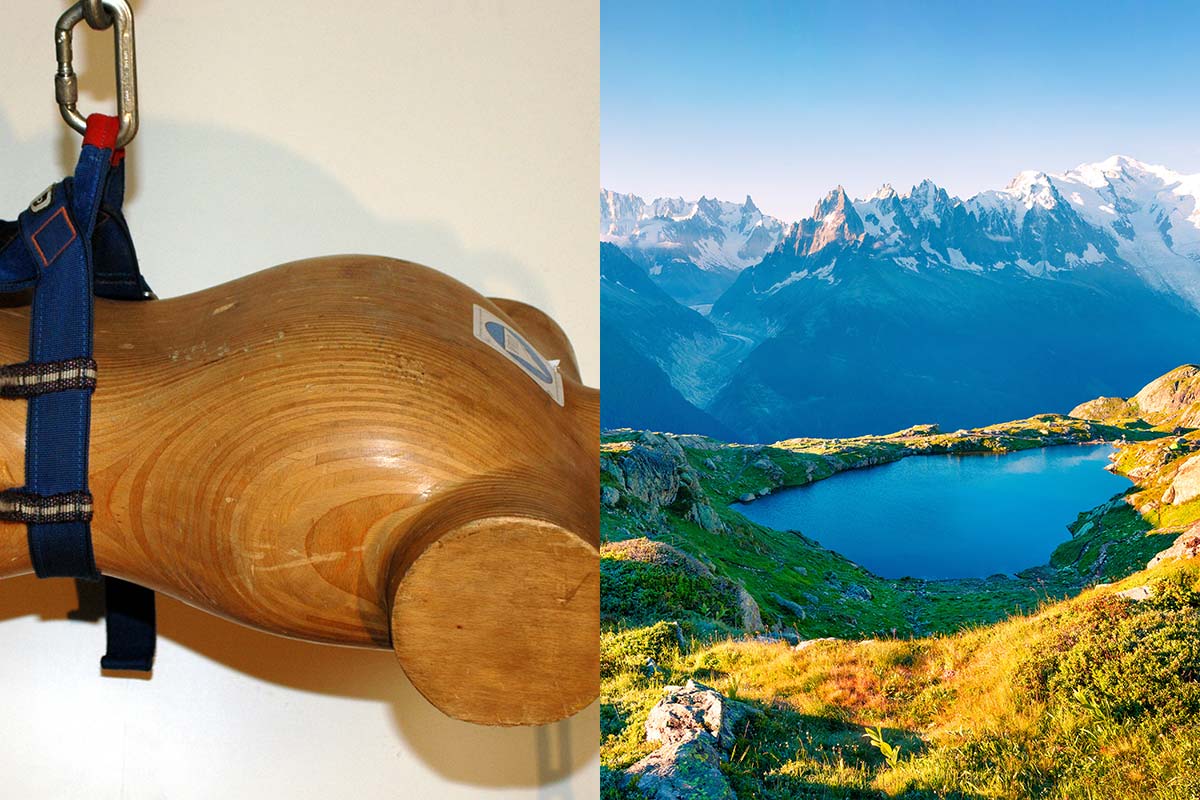
NOMINEE PROFILE

A MOUNTAINEERING FOCUS
What does nature-friendly mountaineering mean? What natural dangers lurk in the mountains? What does the everyday life of a hut warden look like? For five days the classroom is moved to several mountain huts of the Swiss Alpine Club (SAC) and school children pursue these questions. During that time, the children dive into the world of mountaineering, learn how to use and protect the Alpine region and discover the Jungfrau-Aletsch region together with a mountain guide.
Thanks to this week, many children come into contact with mountaineering for the first time. This grassroots project allows the children to make their first climbing experiences in the mountains.
BEST PRACTICES IN MOUNTAINEERING AND
MOUNTAIN-BASED SPORTS
AlpineLearning project weeks offer school classes the opportunity to experience the unique high mountain landscape of the UNESCO World Heritage Site Jungfrau-Aletsch, to deal with complex processes, different themes and people and to experience and better understand the principle of sustainable development.
The project aims to inspire young people to take an interest in mountaineering and at the same time to teach them important basics for a sustainable use of the alpine habitat by theory-based and practice-related learning tasks.
The integral parts of the project week are a guided mountain or glacier tour, several course blocks, an excursion, for example to a power station in the region and the hike to and from the hut. The course blocks are visited in small groups and focus on the following topics:
Training in climbing and mountaineering, lesson on sustainable development, protection and use of the Alpine region, nature experience and collaboration in the mountain hut.
In these course blocks the children learn facts about the high mountain landscape and its development, discover animals and plants and sharpen their eyes in the seemingly “barren” and rocky Alpine region and discuss how the landscape and the glacier looked like in the past – and how it could evolve in the future. While the young people help the hut team with everyday work in the hut, they get in touch with topics such as recycling and energy production. The children learn what it takes to live and work in a mountain hut. In addition, the schoolchildren interview various local stakeholders such as mountain guides, cableway employee, mountain farmer etc., thereby getting to know their interests, activities and perspectives and looking for answers to the overriding, complex central question of the project week: What makes sustainable development possible in Alpine regions? And what role does mountaineering play in this?
In the climbing course the young people learn the basics of climbing and get in touch with this sport, often for the first time. At the same time they train valuable social skills such as taking responsibility and being able to trust each other. The children also learn how to move safely and with consideration for the sensitive nature and landscape in the Alpine region.
OPPORTUNITIES FOR VOLUNTEERS
The project gives young people an insight into various topics. One of them is the maintenance of the valuable cultural landscape. The awareness of the sense and purpose of such missions is promoted and possibilities are shown how the young people can get involved themselves (e.g. Clean-ups in the mountains, environmental and landscape conservation mission with school class in World Heritage etc.).
Therefore, the schoolchildren learn how sustainable development depends on many aspects. In the future they will see and visit the Alps with different eyes. They will also learn to assume responsibility through climbing in general. Many children want to show the visited Alpine region to their parents afterwards.
They learn how much voluntary work there is behind the operation of a hut. This motivates them to become active themselves, e.g. at the SAC clean-up events.
In addition, the children themselves are usually involved with school actions to ensure the financing of the project week.
RELATIONSHIP WITH LOCAL COMMUNITIES
An AlpineLearning project week takes place in SAC huts in the Unesco World Heritage site Swiss Alps Jungfrau-Aletsch. The local municipalities are strongly involved in the UNESCO World heritage site. The project weeks are generally held in the low season and during the week, when the hut cannot be used to capacity. The stay in the hut generates income for the hut wardens, often people from the region, and thereby also for local producers of agricultural products that are delivered to the hut. At the same time, the children of the project week gain insight into the operation of the hut and other regional businesses such as mountain pastures and power stations.
Also children and young people from social classes or with different cultural background that otherwise would hardly have the opportunity to do mountains sports, gain access to this world.
The project is open to all school classes from the region as well as to communities far away from the mountains. The young people gain insights into different fields of activity (hydropower use, hunting management, agriculture) and get to know the region better and from a new perspective. The impressions and experiences can lead to the young people and their families planning a trip to the region at a later date.
COLLABORATION WITH LOCAL AUTHORITIES
The project weeks in the SAC huts are part of the broader project “AlpineLearning” of the Unesco World Heritage site Jungfrau-Aletsch. The project weeks are coordinated in cooperation with the Jungfrau-Aletsch UNESCO World Heritage Management Centre and the SAC.
In collaboration with the teachers and the local hut warden team, the program of the project week is prepared. Local mountain guides are engaged for the education of mountaineering and alpine tours.
For the excursions during the project week we cooperate with local actors in the surroundings of the hut and regional companies in the energy or agricultural sectors (e.g. Bergschaft (alpine corporation), alpine farm, hydropower, etc.).
In order to create a concept of education including brought teaching documents, the Jungfrau-Aletsch UNESCO World Heritage Management Centre and the SAC collaborated with the universities of teacher education of Berne (PH Bern) and the University of Applied Sciences Northwestern Switzerland (FHNW).
Depending on the canton and municipality, the school classes receive in some cases financial support for the project week.
The Federal Office for the Environment (FOEN) supports the project within the framework of a project agreement with the management center UNESCO World Heritage Jungfrau-Aletsch, and the FOEN supports also the work of the Swiss Alpine Club.
Education21 is a foundation under private law and the national competence and service center for education for sustainable development (ESD) in Switzerland. It supports the project weeks financially. The UNESCO World Heritage Jungfrau-Aletsch management center coordinates the applications to Education21.
At the national level, the Foundations Mercator Switzerland and Paul Schiller support the project.
GOALS AND OBJECTIVES
AlpineLearning project week is an eventful and unique offer for school – outside the classroom. The aim is to give children and young people access to the varied world of learning and adventure in an impressive cultural and natural landscape, to promote valuable skills and to arouse interest in sporting activities in alpine terrain. In addition, the exchange with local knowledge carriers from different areas (e.g. agriculture, tourism, energy use) is important.
It is very important to educate the population on the sustainable use of the nature and landscape of the Alps and to sensitize them to the associated diverse world of topics. The project wants to inspire young people for mountaineering and at the same time sensitize them for topics of sustainable development and the benefit and protection in the Alps. The young people learn the basics of mountaineering and, from the very beginning, the basics of nature-compatible behaviour.
PROJECT MANAGEMENT
Successful pilot projects (one week with a school class) were carried out in 2014 and 2016 in the Bächlitalhütte in the Grimsel area. The educational design of the week is based on this sample week.
Teaching material was developed in cooperation with educational institutions and teachers. AlpineLearning is based on the concept of education for sustainable development and uses the valuable potential of education at extracurricular learning sites in the mountains – her in the UNESCO World Heritage site Jungfrau-Aletsch in particular.
2017: five project weeks in one hut, thus five classes with 15-24 children.
2018: seven projects weeks in two different huts, thus seven classes.
In four SAC huts in the area of the UNESCO World Heritage Jungfrau-Aletsch, project weeks are being offered this year for nine classes.
An extension to the Unecso World Heritage site Tectonic Arena Sardona is planned for 2020.
The project is a best practice example that could also be applied to UNESCO World Heritage Sites in other countries, but also Nature Parks etc. It is important, that a local community / institution (for example a Nature Park) are part of the project.
HOW WE COMMUNICATE
We communicate via different formats on our own and partners’ channels (blog, social channels…) to ensure sustained attention for the campaign. Additionally, we build a social media campaign around the project showing the true costs of nutrition in the Alps and engage our audience to eat climate-friendly.
The project is described on the homepage of SAC and UNESCO World Heritage site Jungfrau-Aletsch. The SAC regularly provides information about the project and project weeks via its communication channels (news, social media (Facebook ) and magazine “the alps”).
The UNESCO World Heritage site Jungfrau-Aletsch promote the project via news, social media, press releases to national and regional media, school leavers (Swiss wide), information during educational events, flyers, word-of-mouth propaganda. In addition, schools report about the project with school magazines, parent evenings and in local newspapers.
The UIAA MPA platform could bring international attention to the project. This may make it easier to extend the project to other countries.

To discover more about the UIAA Mountain Protection Award please click here.
Please note that the content published in this article is courtesy of the Award nominee. The UIAA has made minor revisions to the original submission.



